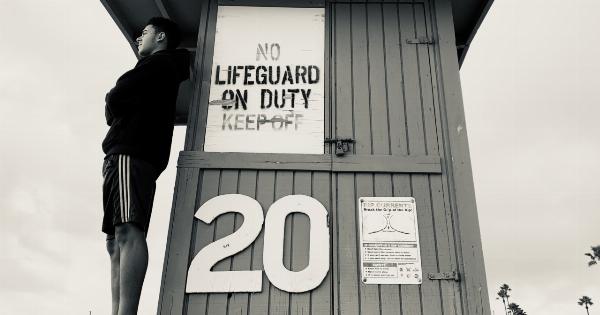Driving can be tiring, especially for long hours. Fatigue while driving is a common problem, and it can be dangerous as well. It can cause loss of focus, slower reaction times, and even accidents.
Therefore, it is essential to be alert and awake while driving to ensure safety on the road. Here are ten tips on how to combat fatigue when driving:.
1. Get Enough Sleep Before Driving
One of the easiest ways to combat fatigue while driving is to get enough sleep. A well-rested mind and body can go a long way in keeping you alert and focused while driving.
Experts recommend a minimum of seven hours of sleep, especially before a long road trip or when driving for more extended periods. Take a nap before driving to make sure you are well-rested.
2. Plan Your Route
Planning your route is another way to combat fatigue while driving. Know the distance you will cover and the number of stops you will make along the way.
Mapping out rest stops beforehand gives you the opportunity to take adequate breaks and ensures that you don’t go too long without a break, which can cause fatigue.
3. Take Breaks Regularly
Taking regular breaks is crucial to combating fatigue while driving. It gives you a chance to stretch your legs, get some fresh air, and clear your mind of any distractions. Experts recommend taking a break every two hours or every 100 miles you drive.
Use rest stops to take a quick nap, grab a snack, or indulge in some light exercise.
4. Stay Hydrated and Eat Healthy
Staying hydrated and eating healthy is essential to combat fatigue while driving. Dehydration can cause fatigue and slow down your reaction times. Also, heavy meals and junk food can cause drowsiness, affecting your driving performance.
Drink plenty of water and eat light snacks like fruit, nuts, and vegetables to stay alert and refreshed while driving.
5. Avoid Alcohol and Medications That Can Cause Drowsiness
Alcohol and medications that cause drowsiness should be avoided when driving long distances. Alcohol can impair your judgment and reaction times and cause fatigue.
Some medications, like antihistamines and sedatives, can cause drowsiness as a side effect, affecting your driving performance. Read labels of medications before driving and check with your doctor if you are unsure about the effects it can have on your driving.
6. Use Music and Conversations to Keep You Alert
Using music and conversations is another way to combat fatigue while driving. Listening to upbeat music, talking to passengers, or reciting songs and poems can keep you alert and focused on the road.
However, avoid getting too distracted with music or conversations that can cause you to lose focus while driving.
7. Use Air Conditioning or Open Windows
Using air conditioning or opening windows can help combat heat fatigue and keep you alert while driving. Heat can cause drowsiness, especially during long distances, and lower your performance on the road.
Using air conditioning or opening windows can help combat heat and keep your vehicle adequately ventilated, providing a refreshing break from fatigue.
8. Take a Quick Power Nap
If you feel fatigued while driving, take a quick power nap. A 20-30 minute nap can help refresh your mind, boost your energy levels, and combat fatigue effectively.
But, ensure that your vehicle is parked safely before taking a nap, especially on the side of the road or highway.
9. Change Your Driving Position Regularly
Changing your driving position regularly can help combat fatigue while driving. Adjust your seat, steering wheel, or headrest regularly for more comfort and better posture.
This helps reduce muscle cramps and fatigue and allows you to stay alert and focused on the road.
10. Know Your Limits
Finally, know your limits while driving. If you are too fatigued to drive, it’s best to pull over and take a break or hand over the driver’s seat to someone else.
Do not push yourself beyond your limits, as driving while fatigued can be dangerous for you and other road users.




























